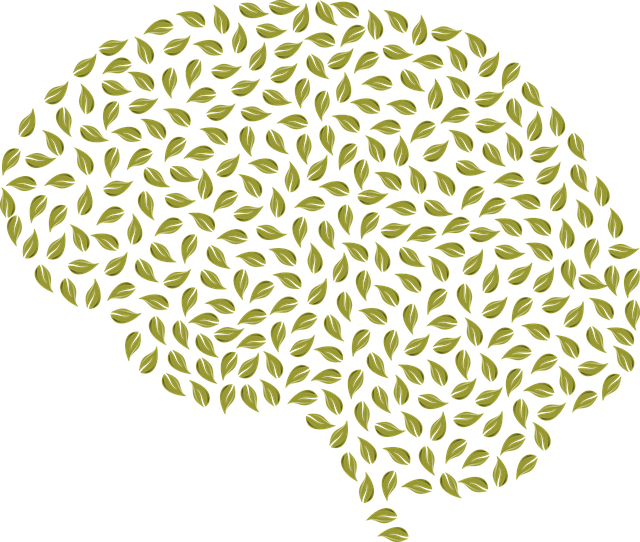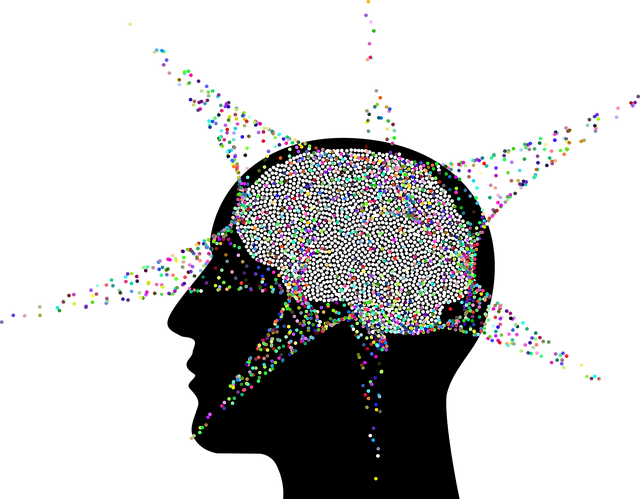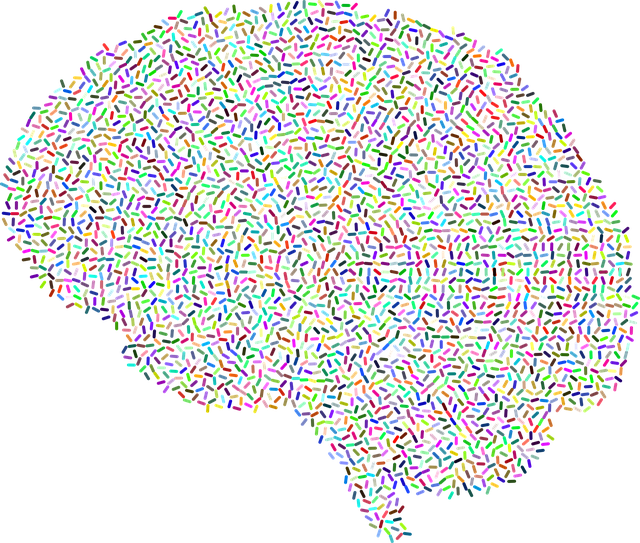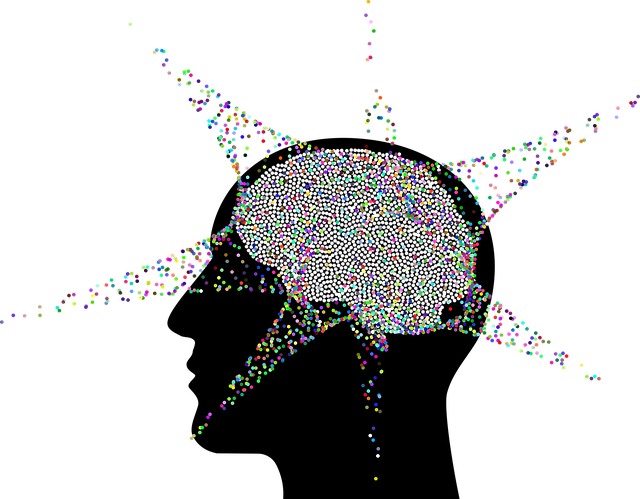Mental Wellness Programs are comprehensive initiatives focusing on stress management, emotional healing, and social skills training. Greenwood Village Bariatric Evaluations Therapy exemplifies this through thorough evaluations that go beyond weight assessment, integrating emotional well-being promotion and empathy building for personalized treatment. Researchers face a choice between qualitative (subjective insights) and quantitative (objective data) methods. Greenwood Village uses both to drive continuous improvement, ensuring tailored interventions like bariatric therapy and anxiety relief. Measuring success involves tracking symptoms, attitudes, behaviors, and overall functioning before and after the program using standardized tools. A holistic approach, combining theory with practical skills education, ensures program effectiveness and adaptability to evolving needs.
Mental wellness programs are essential components of modern healthcare, yet their effectiveness can be challenging to gauge. This article provides a comprehensive overview of evaluation methods for mental health initiatives, focusing on strategies employed by Greenwood Village Bariatric Evaluations in therapy practices. We explore the balance between qualitative and quantitative approaches, emphasizing the value of integrating feedback for continuous improvement. Additionally, we delve into measuring success by defining and tracking key outcomes to ensure program effectiveness and positive client outcomes.
- Understanding Mental Wellness Programs: A Comprehensive Overview
- The Role of Greenwood Village Bariatric Evaluations in Therapy
- Qualitative vs Quantitative Evaluation Methods: Which is Better?
- Integrating Feedback for Continuous Improvement
- Measuring Success: Defining and Tracking Mental Health Program Outcomes
Understanding Mental Wellness Programs: A Comprehensive Overview

Understanding Mental Wellness Programs involves recognizing their multifaceted nature, encompassing a wide array of initiatives aimed at improving an individual’s overall mental health and well-being. These programs are meticulously designed to address various aspects of mental wellness, including but not limited to stress management, emotional healing processes, and social skills training. In the context of Greenwood Village Bariatric Evaluations Therapy, for instance, a comprehensive evaluation method is crucial to assess the effectiveness of interventions targeting weight-related issues, which can significantly impact an individual’s self-esteem and mental health.
The design of Mental Health Education Programs plays a pivotal role in fostering positive mental wellness. These programs educate individuals on recognizing and managing their mental health effectively. Through interactive sessions, workshops, and group activities, participants gain valuable insights into emotional healing processes, enhancing their ability to navigate life’s challenges with resilience and adaptability. Integrating Social Skills Training within these programs further strengthens the support network around individuals, encouraging open communication and fostering healthier relationships, all of which contribute to a holistic mental wellness program evaluation.
The Role of Greenwood Village Bariatric Evaluations in Therapy

Greenwood Village Bariatric Evaluations play a pivotal role in therapy by providing a comprehensive framework for mental wellness program evaluation. These evaluations extend beyond mere weight assessment, delving into intricate aspects of emotional well-being and psychological health. They serve as a powerful tool for mental health professionals to gauge the effectiveness of interventions aimed at promoting holistic healing.
Incorporating these assessments enables therapists to tailor their approach, integrating evidence-based emotional well-being promotion techniques and empathy building strategies. By gauging both physical and psychological aspects, they can address potential risks identified through detailed risk assessment for mental health professionals, fostering a supportive environment that nurtures transformation. This dual focus not only enhances individual healing but also contributes to the overall success of therapy programs within Greenwood Village.
Qualitative vs Quantitative Evaluation Methods: Which is Better?

When evaluating mental wellness programs, researchers often grapple with choosing between qualitative and quantitative methods, each offering unique advantages. Qualitative evaluations delve into participants’ subjective experiences, providing rich insights into their perceptions and interpretations of therapy. This approach is particularly useful for understanding complex emotional landscapes and identifying nuanced changes in mental health status. For instance, Greenwood Village Bariatric Evaluations Therapy might use semi-structured interviews to capture individuals’ journeys and personal growth during their treatment.
On the other hand, quantitative methods employ numerical data and statistical analysis to assess program effectiveness. They offer a more objective view of outcomes, enabling comparisons across different groups and interventions. Quantitative evaluations can measure improvements in symptoms like anxiety relief or emotional regulation using standardized scales. For example, a Stress Management Workshops Organization might track participants’ scores on anxiety questionnaires before and after the program to gauge its impact on their mental wellness. This data-driven approach allows for evidence-based decisions and continuous improvement of therapeutic interventions.
Integrating Feedback for Continuous Improvement

Effective mental wellness program evaluation methods are pivotal for fostering continuous improvement and enhancing patient outcomes. At Greenwood Village Bariatric Evaluations Therapy, we prioritize integrating diverse feedback mechanisms to understand the nuanced needs of our clients. This holistic approach includes collecting insights from both participants and therapists, ensuring a 360-degree view of program effectiveness. By encouraging open dialogue, we can identify areas for enhancement in services like bariatric therapy, inner strength development, and anxiety relief, ultimately refining our interventions for better emotional regulation.
Through regular feedback sessions, we create a dynamic learning environment that adapts to the evolving needs of our community. This strategy not only improves individual journeys but also contributes to the overall success of our mental wellness initiatives. By embracing this feedback loop, Greenwood Village aims to revolutionize care delivery, making it more personalized and impactful for every individual seeking support.
Measuring Success: Defining and Tracking Mental Health Program Outcomes

Measuring Success is a vital component of any mental wellness program evaluation. To define and track outcomes effectively, programs should establish clear goals that align with improved mental health. This can involve assessing changes in participants’ symptoms, attitudes, behaviors, and overall functioning before and after the program. For instance, a Greenwood Village bariatric evaluations therapy might focus on reducing depression scores, increasing engagement in self-awareness exercises, and fostering healthier coping mechanisms. Regularly utilizing standardized tools and measures ensures consistency and allows for accurate tracking of progress.
Designing mental health education programs with a strong theoretical foundation, such as incorporating compassion cultivation practices, can lead to better outcomes. These programs should not only educate individuals about mental health but also equip them with practical skills and strategies to manage their well-being. By combining educational components with therapeutic techniques, the effectiveness of the program can be enhanced, leading to positive changes in participants’ lives. This holistic approach, combined with regular evaluations, ensures that the program remains tailored to meet the evolving needs of those seeking support.
Mental wellness programs are multifaceted initiatives that require robust evaluation methods to ensure effectiveness. From understanding program components like Greenwood Village Bariatric Evaluations in therapy to selecting between qualitative and quantitative approaches, each step is crucial for continuous improvement. Integrating feedback from diverse sources allows for tailored adjustments, ultimately defining and tracking success through measurable outcomes. By adopting these comprehensive strategies, mental health programs can foster meaningful change and enhance client well-being.














